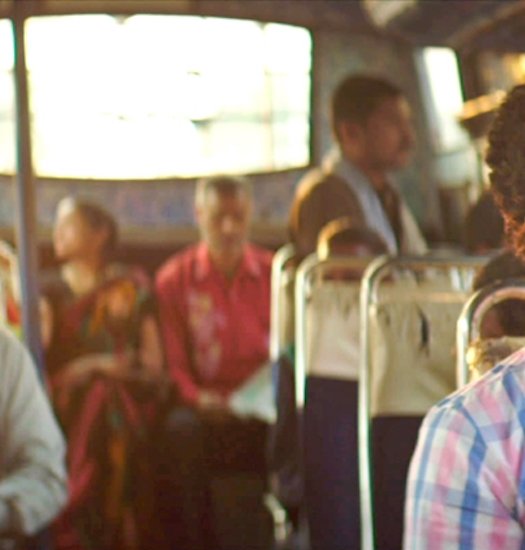Atul Kulkarni starrer ‘Azaad’ receives standing ovation at UNESCO
Every year on the 3rd of May, UNESCO, the Government of Indonesia, and the Press Council of Indonesia co-organize and celebrate the fundamental principles of press freedom; to evaluate press freedom around the world, and to defend the media from attacks on their independence in addition to paying tribute to journalists who have lost their lives in the exercise of their profession.
This year, Azaad, an Indian short film starring acclaimed actor Atul Kulkarni and directed by Rahul V Chittella, created history by becoming the first Indian film to be screened at UNESCO’s “World Press Freedom Day”. The short film was screened at the prestigious platform, coinciding perfectly with the theme of this year which was: ‘Media’s role in advancing peaceful, just and inclusive societies’. Apart from making its presence felt at the event, the film also garnered praise and received a standing ovation from the audiences, comprising industry stalwarts, thought leaders and journalists from around the globe.
Here are a few excerpts from a Q & A with director Rahul V Chittella –
Among all the brilliant short films which talk about freedom of speech and the consequences like Rohan Sippy’s ‘Prime Time’ or the short film ‘Naked’ that released last year, your debut film got shortlisted at the UNESCO. How does it feel?
It feels great! UNESCO organises the World Press Freedom Day every year and addresses key issues re: freedom of expression. It’s nice to reach out to a wide audience and especially journalists from all across the globe with Azaad, which speaks of the hardships that fearless journalists or citizens face in current times.
How has the journey been post the success of Azaad?
The entire team is just very happy that the film turned out to be an honest piece of work!! We are now working on our next film — a feature film that we’ve been developing in Mirabai Films for sometime now. Antara and Naved will be producing this.
Do you feel that freedom of speech has been curbed when it comes to journalism? Do you feel journalism might soon be a dying breed because of it?
Freedom of expression has always been attacked. It is just becoming disturbingly evident now. Its not just in the field of journalism, but in general, as a society, we are becoming more impatient. But, we must recognise this and take conscious efforts to not become like the other side.
Anything you learned during your research on Azaad that has changed your perception on journalism?
Journalism is very difficult, especially in current times when censorship has become so common and vast. I salute fearless journalists and writers who strive hard to write and report stories as is, without clouding it with their personal conclusions re: any issue. Radhika and Prannoy Roy have always been an inspiration!



